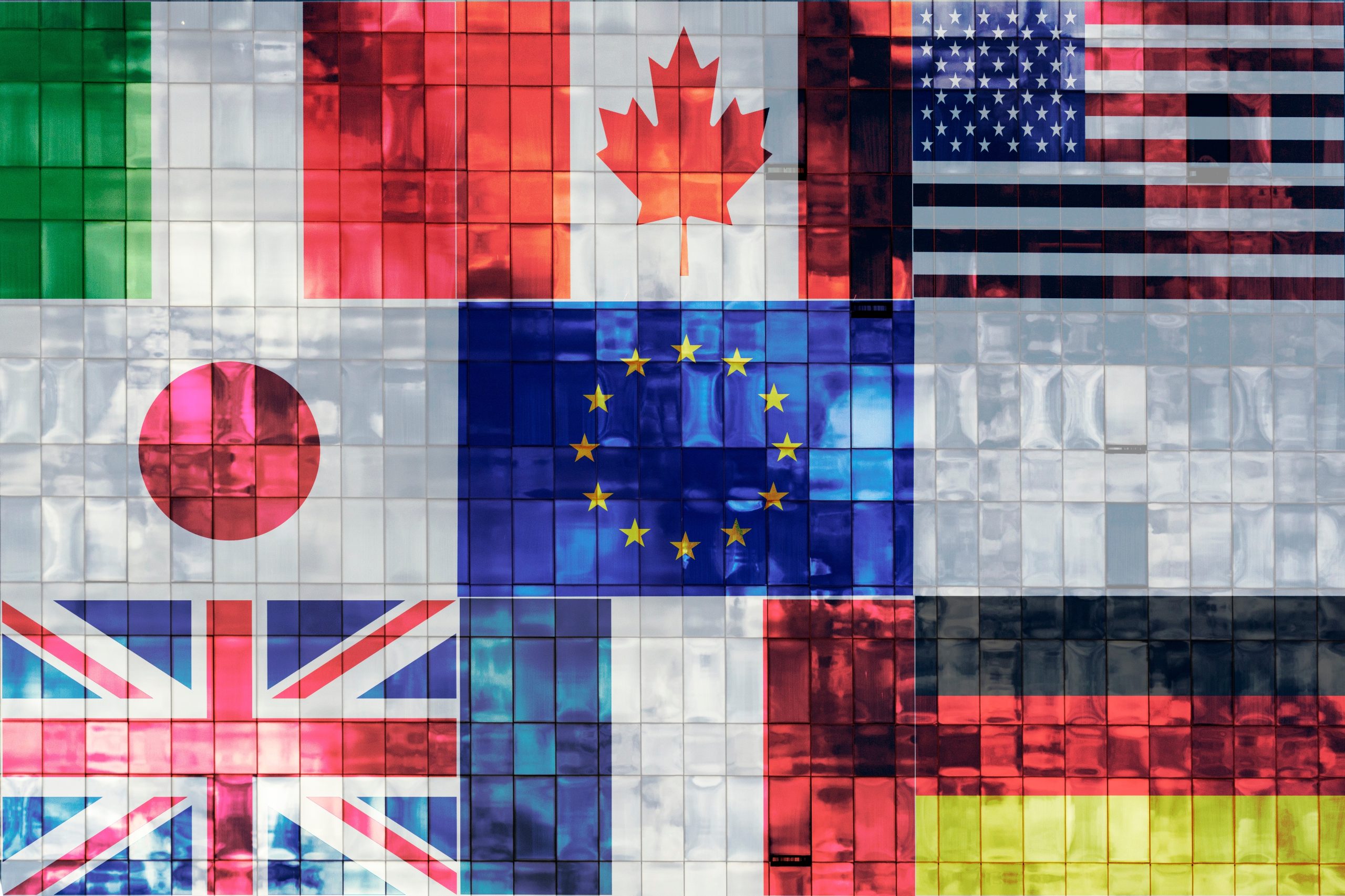The G7 confronts a new world order as leaders return to Kananaskis
As the G7 celebrates its 50th anniversary in 2025, its members face a volatile new world that threatens the global economic, military and social order that has characterised much of the last half century. Current events are challenging the longstanding relationships at the heart of the group.
In a world already dealing with devastating wars, pandemic recovery and broader health, ecological, climate and other challenges, the attacks by US president Donald Trump on the rules-based foundations of global stability and prosperity, from trade to national sovereignty, cast a long shadow over the Kananaskis Summit.
The leaders of the G7 major industrialised countries and the European Union will meet in Kananaskis in their first return to Alberta and Western Canada since the 2002 Kananaskis Summit held in the aftermath of the 9/11 terrorist attacks on the United States.
Now, as then, global stability and security are core issues for the G7, with Russia’s (second) invasion of Ukraine in 2022, the war in Israel and Gaza since 2023, and the escalating military tensions across the Asia-Pacific region. For Canada, resolving deadly and destructive conflicts is an immediate priority at this summit but the issue of ‘security’ must go beyond militarism.
There is concern in Western Canada and Alberta, where the Kananaskis resort sits on the eastern slopes of the Rocky Mountains, about not only economic security with Trump’s tariff wars, but also sovereignty, given his repeated references to Canada becoming the 51st state. There is also concern about Canada’s – and Alberta’s – role in contributing to continental and global energy security and food security.
leading the way on
collective action
Canada is a trading nation. Trade accounts for two-thirds of our national gross domestic product and exports are critical. In Alberta, exports, led by energy and agriculture, accounted for 38% of provincial GDP in 2023 as the province contributes about 25% of Canada’s merchandise exports and a full 15% of Canada’s overall GDP.
With Canada holding the G7 Presidency in 2025 under newly elected prime minister Mark Carney, military, economic and energy security are all at the forefront of the summit agenda in a challenging time for the world.
For Albertans, it is an opportunity to discuss how Alberta and Canada can contribute to global energy and food security and build on our history of military contributions in the First and Second World Wars, more recent conflicts and peacekeeping missions. We could encourage a new global energy security alliance among like-minded free trade–supporting countries to coordinate energy needs and energy supply.
Indeed, the agenda for Kananaskis in some ways marks a return to the early days of the G7 in the 1970s when the Middle East oil crisis first brought the major industrialised countries together to address an unprecedent energy-based global economic challenge.
What is starkly different now, however, is the approach some countries are taking, with national self-interest increasingly driving the policy decisions in many capitals. Even more disconcerting is the fact there are now more autocracies in the world than democracies.
This is worrisome. Particularly with globalism seemingly in retreat with the Trump administration, today’s big challenges will require countries, sometimes different configurations of countries, to work together in different ways to find solutions.
Time for change
We need to be open to new ideas and new ways of doing things. That is a message that resonates in Western Canada, where an entrepreneurial spirit exists, and people want to embrace a new world order as an opportunity. At the University of Calgary’s School of Public Policy, we recently partnered with the Government of Alberta to launch the New North America Initiative to look for new ways to develop solutions to our challenges from the ground up.
The Government of Canada has said the Kananaskis Summit will be an opportunity to demonstrate leadership and to advance dialogue, collective action and innovative solutions. In today’s rapidly changing world, Kananaskis is a chance for Prime Minister Carney to establish his vision for Canada and its global relationships. Albertans see it as an opportunity to focus on Canada’s role in helping countries around the world deal with energy and food security.
Kananaskis is the first time the summit has returned to a previous location since 1991 – and it is a suitably dramatic backdrop to the mountainous challenges the G7 must address.
As the G7 enters its second half century, the challenges its members face are as formidable as ever. The ability to rise to the challenges and opportunities collectively, in established or new ways, will be what defines the success of this summit and the future of the G7.












